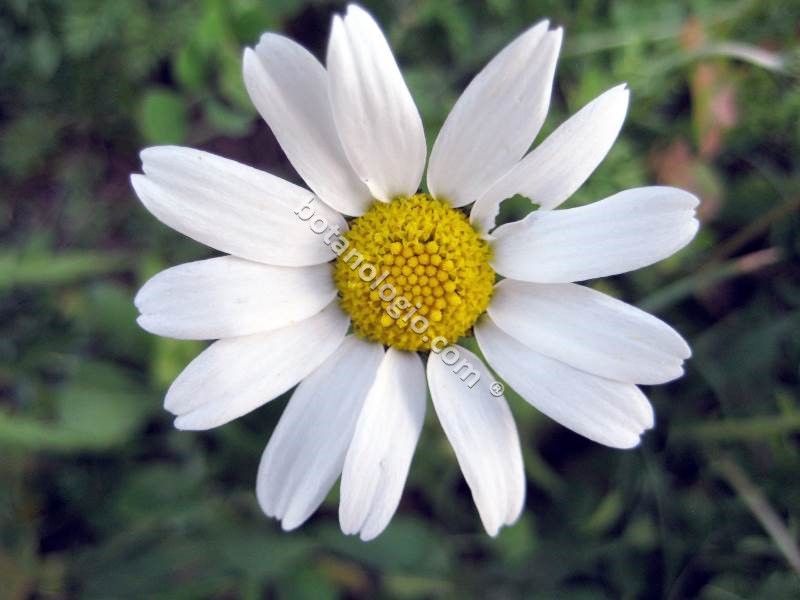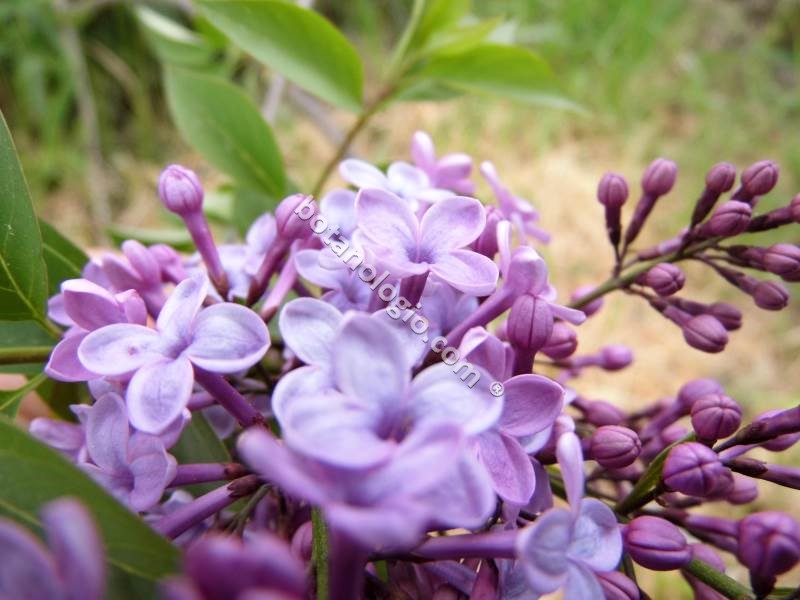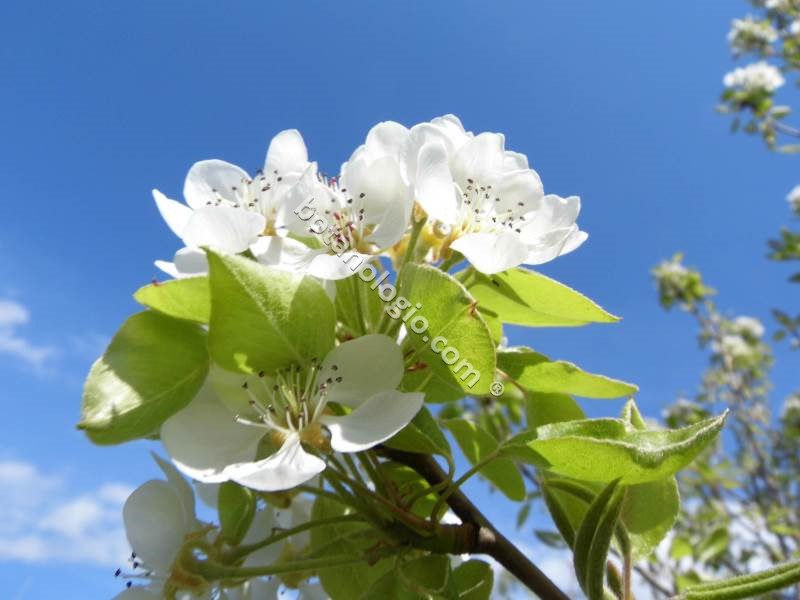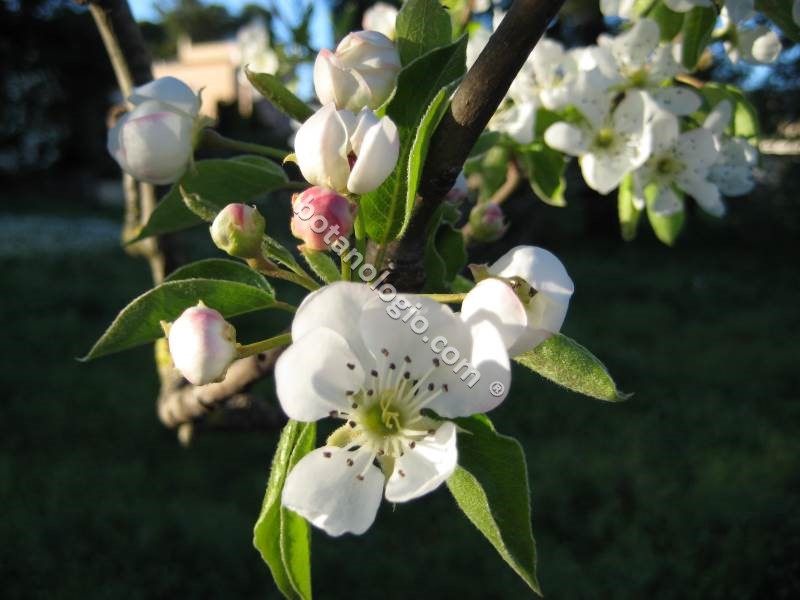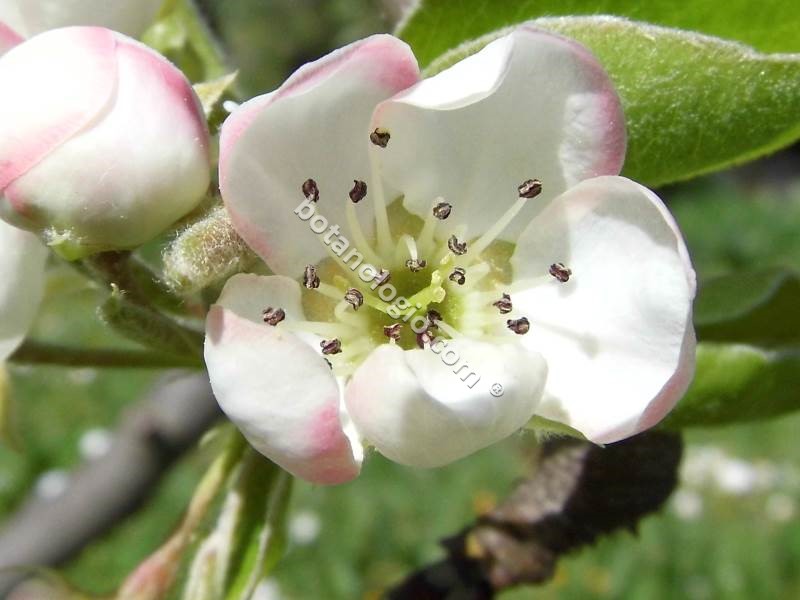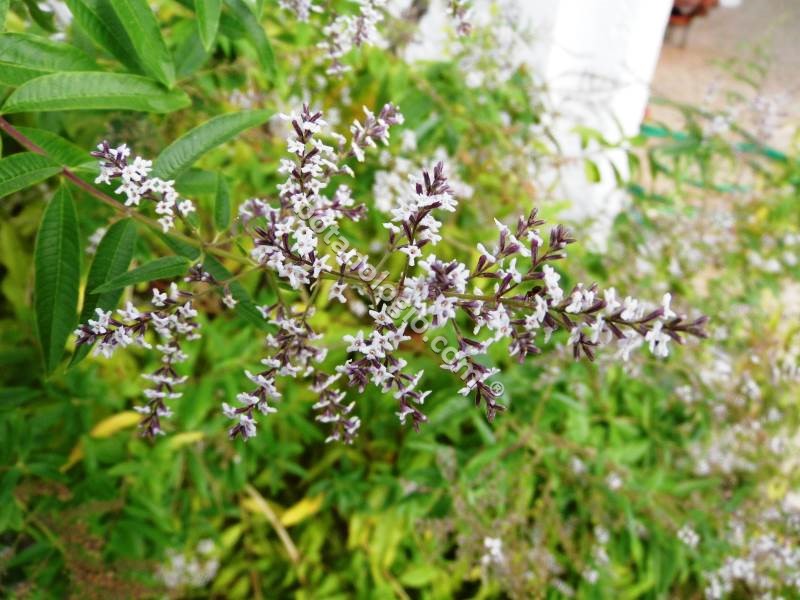Mallow in cosmetics

Mallow is not limited to its many healing properties and applications. The use of mallow flowers and leaves has emollient and moisturizing properties, particularly beneficial for the skin, while it is considered one of the most ideal herbs for babies and for sensitive skin.
The many useful cosmetic properties
In addition to having a very good moisturizing effect, mallow protects against various skin irritations, as well as effectively fights swelling and bruising. Mallow leaf poultice treat swelling and pain from bumps while deeply moisturizing skin that suffers from dryness and skin irritations.
The anti-inflammatory and soothing properties of mallow make it ideal for treating acne and cystic acne. You can use the tincture, the extract and the poultice topically to treat persistent skin inflammations and acne.
The poultice of mallow leaves and flowers treats skin inflammations, rashes and softens calluses. In combination with its soothing properties, mallow is also very useful for treating burns, both for pain relief and for accelerating skin healing.
Mallow, when used in herbal cold creams is ideal for infants and young children. Treats skin irritations and diaper rash, instantly relieving pain and stinging! Prefer the extract in vegetable glycerin or flower water for mild action, friendly to children’s skin.
Read more about the healing properties of mallow and the nutritional value of mallow.
herbs, herbs for acne, herbs for babies, herbs for burns, herbs for dermatitis, herbs for sensitive skin, herbs for skin irritation, mallow
